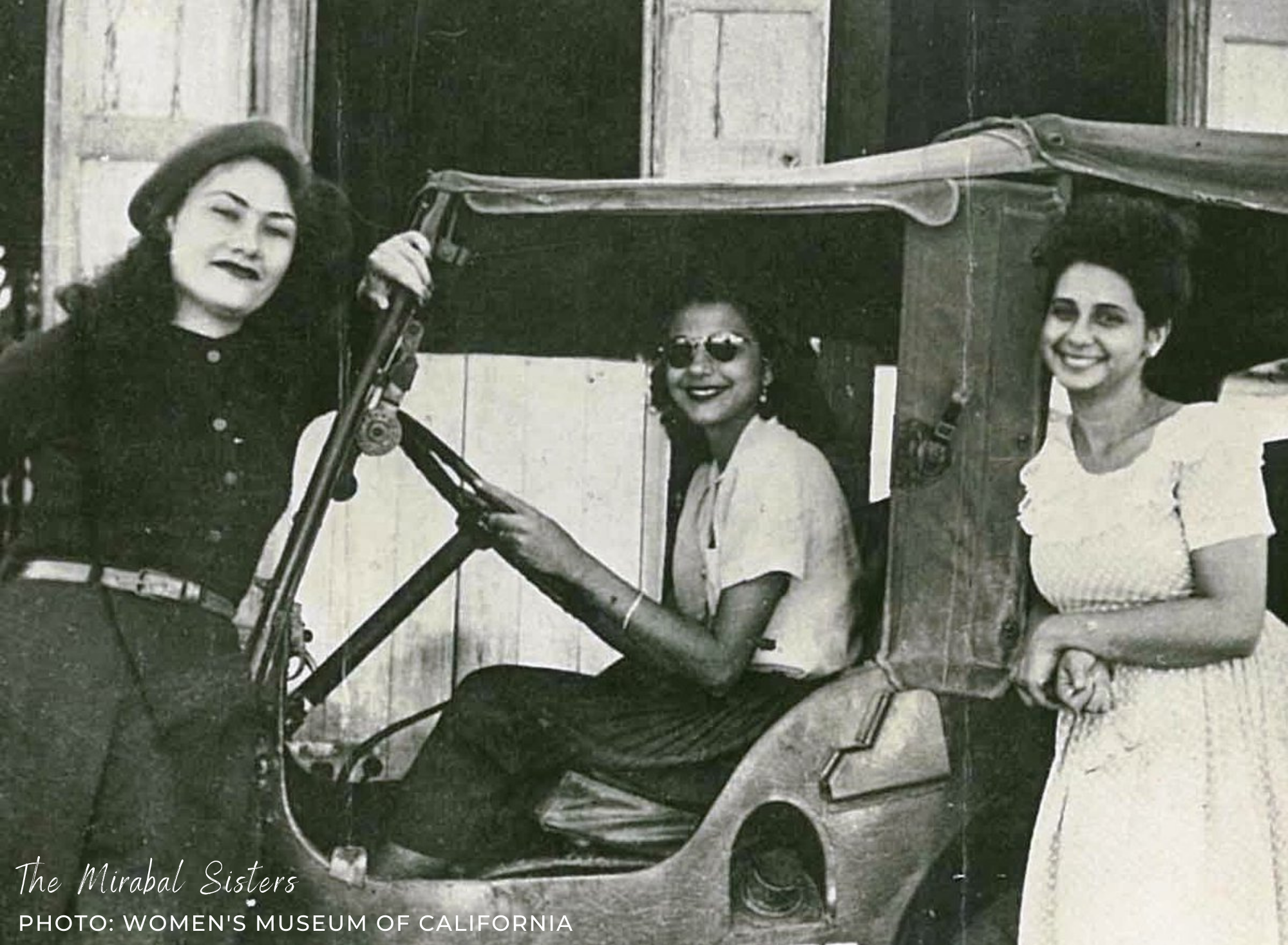This past weekend, I had brunch with an Alumna. We were talking about careers, life, and writing and in the course of our conversation she noted, “It’s progress, not perfection;” as if to remind herself, and us, about the importance of learning and growing. I loved this, made note, and suggested that it might just be the topic of my blog this week.
That same day, Dr. Malic, our Coordinator of Student Leadership, shared some activities on Twitter that she and other St. Clement’s staff had run with our Grade 11s while at their leadership retreat. Taking quotations from Melinda Gates’ book The Moment of Lift: How Empowering Women Changes the World, our girls were asked to jot down their reactions, questions, and connections on each. One quotation and its large number of responses stood out for me: “Perfectionism means hiding who I am. It’s dressing myself up so people I want to impress don’t come away thinking I am not as smart or interesting as they thought.”
My immediate thought when I saw all the Post-It notes in the reactions section was that the girls would know that this notion of dressing oneself up was not ideal nor required. We were, after all, a girls’ school where we wish to create an environment in which our girls can be their authentic selves. The girls did post a lot about the importance of being oneself, about the need to be true to who they were, and that if people chose perfection, that it should be for themselves not others. However, there was also evidence that our girls- wisely, I might add- feel there continues to be societal pressure all around them to suggest that they must be ‘perfect.’
As Dr. Malic wrote to me, “During the full group discussion, several students noted how trite and often meaningless it can be to tell a girl not to be perfect and ‘just be yourself.’ They were curious about real, practical ways of dealing with the intense pressure they feel to be perfect coming from society, home, school, and even from within. We ended up with even more questions than answers.”
I couldn’t help thinking back to noting advertisements for age-defying products and plastic surgery posted on one building as I walked to school last week. I know that our girls are seeing curated social media accounts, and consciously or subconsciously measuring themselves against people all the time.
I also know that finding one’s way in the world and getting to know who we are takes time, experiences, and stages. It is easy for adults, in particular, to speak to the importance of authenticity, to remind our girls that they are remarkable people with their own unique talents and capacities. For the most part, we have come through these stages of learning- and often forget how difficult they were for us.
I believe that within our messages of encouragement to be oneself, we need to acknowledge that it takes time, that one needs to sort through societal messages and experiences and trust that as they do, things will become clearer. With age, I know I have become more and more comfortable with who I am, but I also know that I still have times when I feel less-than.
Our girls’ schools are best positioned to highlight our girls’ capacity AND I believe that we must also be mindful of the pressure- intentionally or unintentionally- placed on girls and women to be perfect.
Note: I am pleased to share this new National Coalition of Girls Schools video on why girls schools are even more relevant today.

